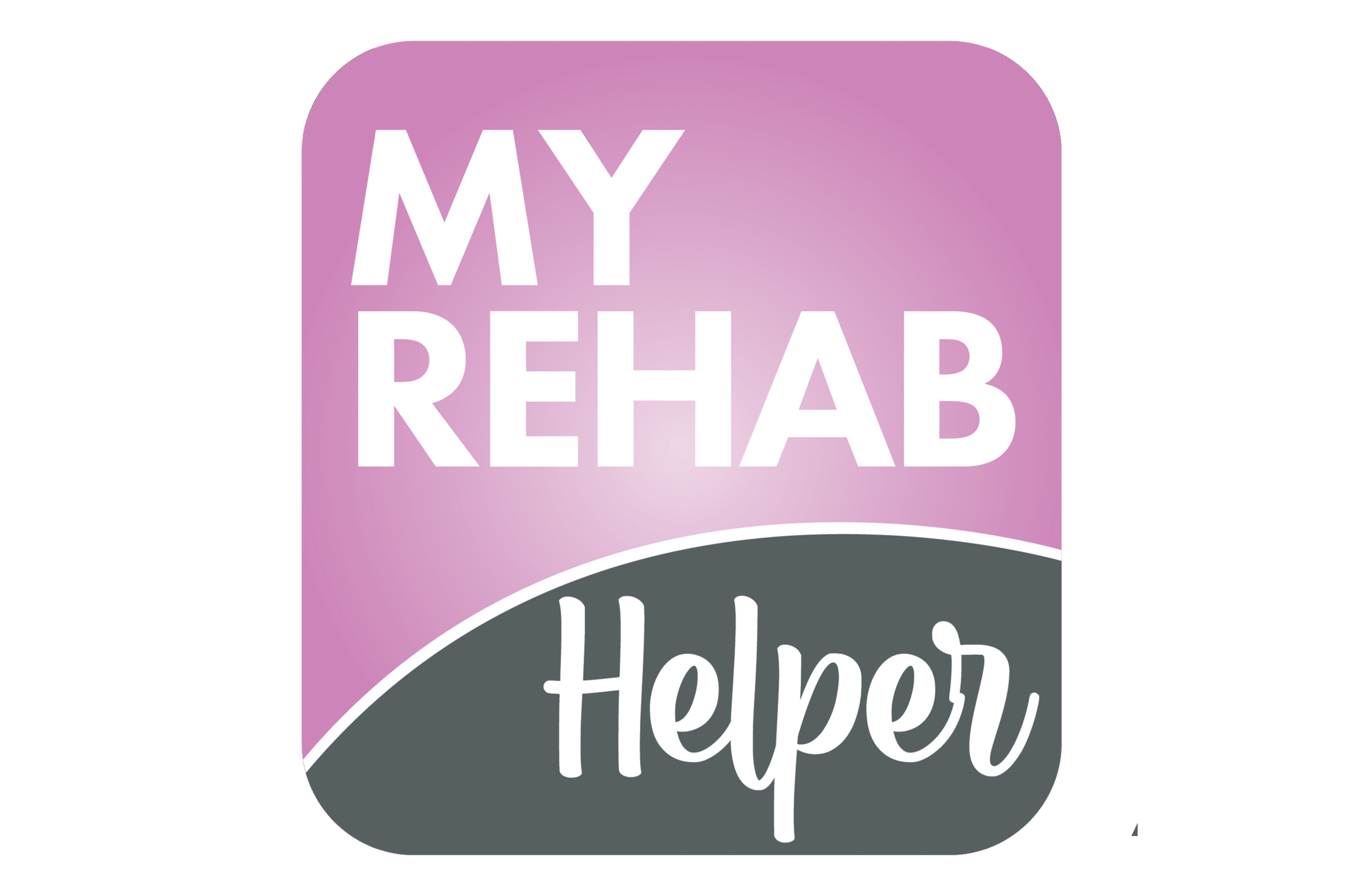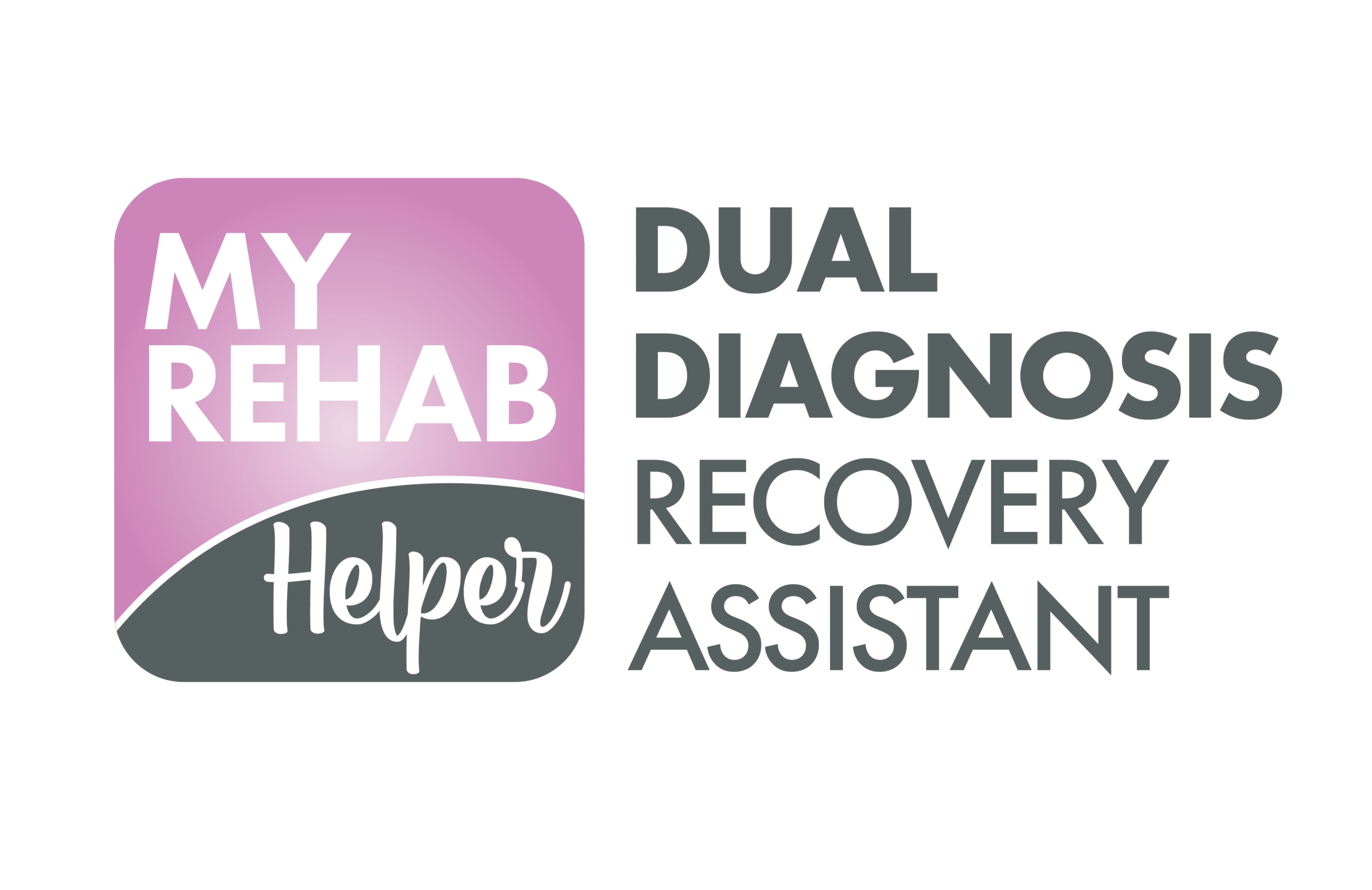
Relapse Prevention Strategies in Alcoholism Treatment Programs
Alcoholism Treatment Programs
Relapse Prevention Strategies
Relapse prevention is a critical component of effective alcoholism treatment programs, designed to help individuals maintain long-term sobriety and avoid returning to old habits. At MyRehab Helper, we provide comprehensive strategies tailored to each patient's unique needs, empowering them with the tools and coping mechanisms necessary to manage triggers and high-risk situations. Our approach includes building strong support systems, developing healthy routines, and teaching skills for emotional regulation. Through a combination of therapy, education, and ongoing support, we focus on helping individuals stay committed to their recovery and prevent relapse, ensuring a brighter future free from alcohol dependence.
Continuous Risk Assessment
In effective alcoholism treatment programs, continuous risk assessment plays a vital role in identifying potential relapse triggers and adapting treatment plans accordingly. At MyRehab Helper, we conduct regular evaluations to monitor progress and assess any emerging risks that may threaten recovery. By understanding individual challenges and environmental factors, we can provide personalized interventions that address specific vulnerabilities. This ongoing process allows us to adjust therapeutic strategies, ensuring clients receive the most relevant and effective support at every stage of their recovery journey, promoting long-term success and stability.
Developing Coping Skills
Call one of our MyRehab Helpers now!
Contact one of our helpers for ethical referals to a facility or health care professional that suits your unique circumstances.
Ongoing Support Mechanisms
Ongoing support is vital in maintaining long-term sobriety after completing an alcoholism treatment program. At MyRehab Helper, we offer a variety of support mechanisms to ensure individuals continue their recovery journey with confidence. These include regular check-ins with counselors, peer support groups, and access to aftercare services. By staying connected with a supportive community, individuals are better equipped to handle challenges, stay motivated, and prevent relapse. Our comprehensive support network fosters a sense of accountability and connection, providing the encouragement and resources needed to sustain lasting recovery.
The Role of Counseling in Relapse Prevention
Holistic Approaches to Relapse Prevention
Holistic approaches to relapse prevention focus on treating the whole person—mind, body, and spirit. These methods complement traditional alcoholism treatment programs by addressing underlying emotional, physical, and psychological factors that may contribute to relapse. Techniques such as yoga, meditation, mindfulness, and acupuncture help individuals manage stress, improve mental clarity, and foster emotional well-being. By integrating these practices into recovery, clients develop healthier coping mechanisms, enhance their self-awareness, and build resilience. Holistic therapies empower individuals to cultivate balance and inner peace, making it easier to maintain sobriety and navigate life’s challenges.
Family Involvement in Relapse Prevention
Family involvement plays a crucial role in relapse prevention within alcoholism treatment programs. Addiction affects not only the individual but also their loved ones, and having a strong support system is essential for long-term recovery. By including family members in therapy sessions and educational programs, they gain a better understanding of addiction and how to support their loved one’s journey. Families learn how to create a nurturing environment that encourages sobriety and how to recognize and address potential relapse triggers. With the right tools and guidance, family involvement can strengthen the individual’s recovery process, providing the encouragement and stability needed to maintain lasting change.
Building a Support Network
A strong support network is essential for successful relapse prevention in alcoholism treatment programs. Surrounding oneself with understanding and encouraging individuals can make a significant difference in maintaining sobriety. Support networks can include family, friends, therapists, and peers who are also in recovery. These connections provide emotional support, accountability, and a sense of belonging, which can help individuals navigate the challenges of life without resorting to alcohol. Participating in support groups, such as Alcoholics Anonymous (AA), also offers the opportunity to share experiences and gain insights from others who understand the struggles of addiction. By building a reliable support network, individuals can stay motivated, manage triggers, and continue on their path to recovery.
Regular Monitoring and Feedback
Educational Workshops
Educational workshops play a crucial role in relapse prevention by equipping individuals with the knowledge and tools needed to navigate their recovery journey. These workshops focus on raising awareness about the triggers and risks associated with alcohol addiction, teaching coping mechanisms, and reinforcing healthy lifestyle choices. By providing valuable information on topics such as stress management, emotional regulation, and the impact of alcohol on the body and mind, these sessions empower individuals to make informed decisions. Ongoing education helps individuals stay engaged in their recovery process, enhances their understanding of addiction, and fosters a proactive approach to preventing relapse.
Role of Peer Support
Peer support is a powerful tool in relapse prevention, offering individuals a sense of community and understanding during their recovery journey. Connecting with others who have experienced similar struggles fosters a sense of shared experience and mutual encouragement. Peer support groups, such as 12-step programs or sober living communities, provide a safe space where individuals can openly discuss challenges, celebrate successes, and learn from one another. This support network helps reduce feelings of isolation, increases accountability, and reinforces commitment to sobriety. By sharing experiences and coping strategies, peer support encourages individuals to stay focused on their recovery goals and provides a sense of belonging that is essential for long-term success.
Call one of our MyRehab Helpers now!
Contact one of our helpers for ethical referals to a facility or health care professional that suits your unique circumstances.
Addressing Co-occurring Disorders
Many individuals struggling with alcoholism also face co-occurring mental health disorders, such as anxiety, depression, or trauma-related conditions. Addressing these dual diagnoses is crucial for effective relapse prevention. Alcoholism treatment programs that integrate mental health care ensure that both substance abuse and underlying psychological issues are treated simultaneously. By providing comprehensive care that includes therapy for mental health conditions alongside addiction treatment, individuals can gain a better understanding of how their mental health impacts their recovery. This holistic approach helps reduce the risk of relapse by equipping individuals with the tools they need to manage both their addiction and mental health, ultimately leading to more sustainable recovery outcomes.
Coping with Cravings and Triggers
One of the most challenging aspects of recovery from alcoholism is managing cravings and triggers that can lead to relapse. Alcoholism treatment programs emphasize the development of coping strategies to handle these intense urges and situations. Clients are taught to identify their personal triggers—whether they are emotional, environmental, or social—and learn how to respond to them without resorting to alcohol. Through techniques such as mindfulness, cognitive-behavioral therapy (CBT), and stress management, individuals gain the skills needed to cope with cravings in healthy ways. By building resilience against triggers and cravings, individuals are empowered to stay on track with their recovery and avoid situations that may jeopardize their progress.
Continuous Support and Engagement
Long-term recovery from alcoholism requires ongoing support and active engagement in the recovery process. Alcoholism treatment programs provide continuous support through aftercare services, support groups, and regular check-ins with counselors or therapists. This consistent involvement helps individuals stay connected to their recovery community, reinforcing their commitment to sobriety. Continuous engagement also allows for early intervention if challenges or setbacks arise, ensuring that clients receive the guidance they need to stay on track. Whether through outpatient sessions, peer support groups, or digital recovery tools, ongoing support plays a crucial role in maintaining progress and preventing relapse.
Client Testimonials
Hearing from those who have experienced alcoholism treatment firsthand can provide valuable insights into the effectiveness of the programs. Many clients share how the treatment strategies, supportive environment, and dedicated professionals at MyRehab Helper have made a profound difference in their lives. These testimonials often highlight the positive changes they’ve experienced, from overcoming cravings to rebuilding relationships and finding a renewed sense of purpose. Real-life stories of recovery not only inspire others but also reinforce the importance of a comprehensive, personalized approach to treatment and relapse prevention. Our clients’ success stories are a testament to the transformative power of alcohol addiction treatment programs and the lasting impact of continuous support.
Join MyRehab for Comprehensive Care
At MyRehab Helper, we are committed to providing a holistic and individualized approach to alcoholism treatment. Our comprehensive care programs include a range of relapse prevention strategies designed to support you throughout your recovery journey. With expert therapists, personalized treatment plans, and ongoing support, we empower you to face challenges and build a strong foundation for lasting sobriety. Join us today to begin your path to recovery with the guidance, resources, and support you need to succeed. Contact MyRehab Helper now and take the first step toward a healthier, more fulfilling life.
